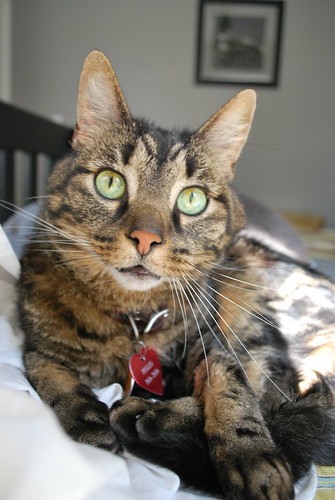When reading these stories, all children will do well to remember the following:Bit of a killjoy, that Robinson, no?
First of all they are only for good boys and girls; and if you, small reader, do not happen to be good, then put the book down at once and go to bed.
Secondly, if you have already gone to bed, and are reading there, then you must know that you are not doing the right thing; so close the book as well as your eyes and go to sleep.
Thirdly, they are not to be read in bed in the morning, when all should be up and getting ready for breakfast.
Fourthly, you must not cry at the stories, nor laugh too loud; or, perhaps, they will be taken from you.
Fifthly, and lastly, you are not to turn up the pictures before reading the stories; or you will be like the boy who picked out all the plums from his cake, and did not care to eat it afterwards.
Well, the holidays being upon us, I'm going to advise you to ignore all the above advice. If there's ever a time for reading in bed, and for laughing and crying out too loudly at stories, it's Christmas. May Scrooge bring you the goose as big as the errand boy. "There never was such a goose. Bob said he didn't believe there ever was such a goose cooked."
With this post, I'm closing down the shop for the year; I'll see you in 2012. Merry Christmas, folks. Thanks for reading.

